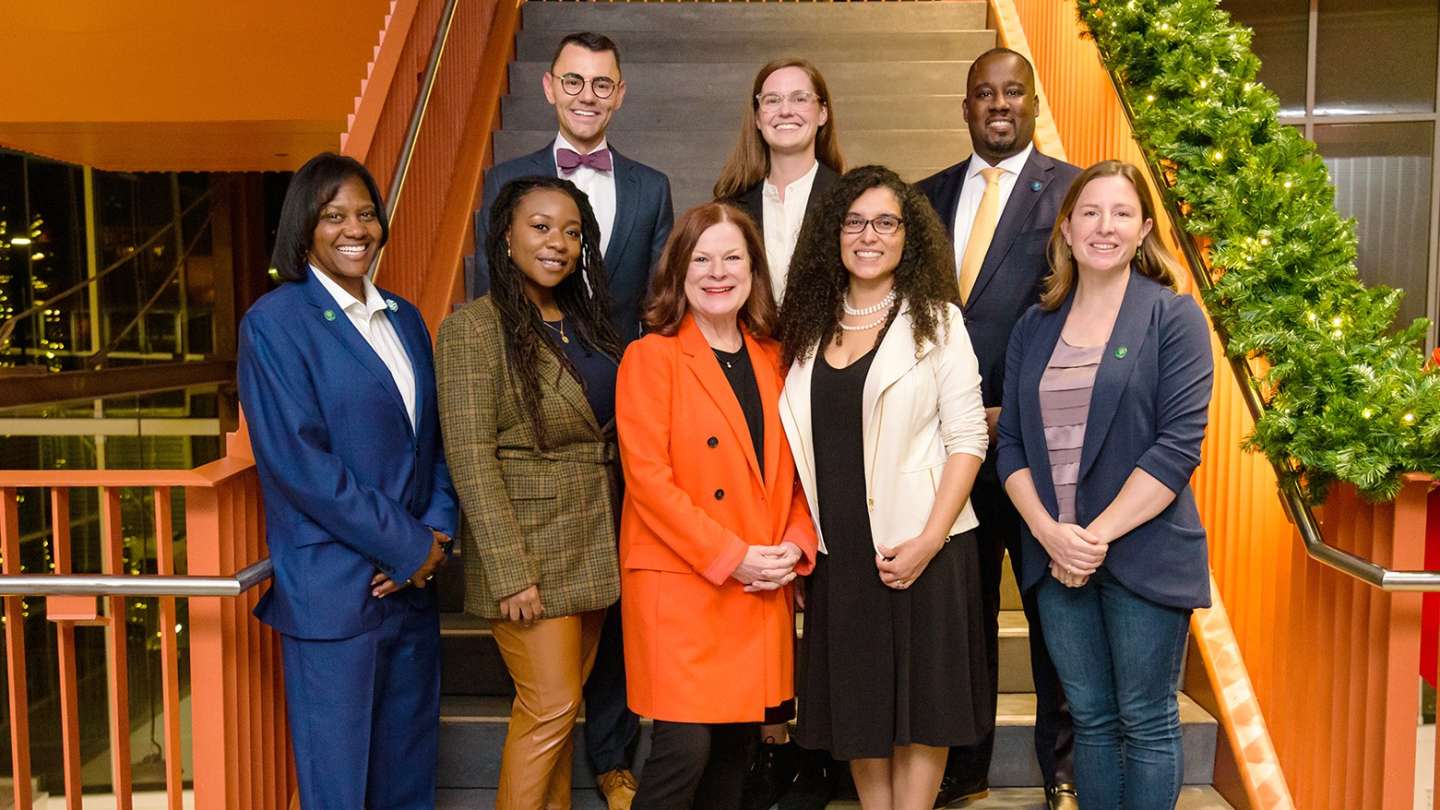Monday, April 3, 2023
Mayor Mary-Ann Baldwin & the Raleigh City Council
City of Raleigh
Re: Missing Middle Legislation
Dear Mayor Baldwin and the Raleigh City Council Members,
We have had the pleasure of meeting with most of you over the past several months and appreciate your willingness to listen to our team on critical topics related to housing affordability, growth, and the environmental crises we are facing. We know undertaking this role is not easy and we hope that the expertise that WakeUP brings with almost two-decades of experience in these issues is helpful.
One of the many challenges in planning for the growth we have experienced and continue to see is that no one block, or neighborhood, city, or region exists in a vacuum. Our goals to build a world-class public transportation system are dependent on having enough people along the high-use corridors to support the bus rapid transit lines. Managing our skyrocketing cost of living is dependent in part on having reliable, frequent, and affordable transportation options that don’t lock-in Wake County residents to an automobile-dependent life. And how we shape our city affects not only Raleigh, but patterns of development in the surrounding region, which historically has contributed greatly to the ongoing climate crisis.
This is why we have long supported ‘Missing Middle’ policies that can serve as one tool in the policy toolbox available to Raleigh as it works towards fulfilling its long-term goals of establishing a socially, economically, and environmentally sustainable community. No ordinance is perfect, and we feel the robust discussion about the policy changes that were passed by the previous council is healthy and an important conversation for the community to have. However, we strongly urge the council to avoid weakening the ordinance in a way that would revert to the previous status quo that primarily encouraged single-unit housing over large swaths of the city. This historical development pattern has resulted in many negative outcomes for our community, from an absence of walkable neighborhoods, to a lack of affordable housing options for young families, and high levels of climate polluting greenhouse gas emissions due to the automobile-dependent development pattern.
At a minimum we hope the following aspects of the ordinance are retained:
- The ability to put more homes on the lot including 1-3-plex and townhomes on almost all lots based upon lot size and height, not density per lot.
- Allowing for gentle density with height maximums in all areas, especially since larger single family homes are already as tall in many cases.
- Creating an opportunity for accessory dwelling units (ADUs), cottage courts, and tiny homes that won’t be the final solution to housing affordability, but has proven to help.
- The height bonuses for including affordable housing which, sadly, is one of our strongest tools for getting market participation in the housing crisis.
- Climate-responsible planning to preserve open space and reduce the impact from development.
- The fact that missing middle applies to almost every part of the city. The equitable inclusion of the housing diversity rules is paramount to taking the pressure off of neighborhoods that have experienced gentrification for years. Affordability is everyone’s responsibility.
- The emphasis on transit-oriented development (TOD) around frequent transit areas. This is especially key after our analysis of last years nation-wide BRT study which showed instances where the lack of TOD actually led to the depression in home values. You can read our analysis here: wakeupwakecounty.org/brt_propval_study/
In addition we strongly support measures that would significantly increase assistance to renters who are being displaced by new development. We believe this is the real crisis facing residents in our region. And given the lack of policy options provided to municipalities in North Carolina, we feel it is imperative that the city invests in a more robust program that helps tenants exercise their rights, and mitigates as much as possible the harm that comes from involuntary displacement.
While Raleigh residents face their own disagreements about whether more housing diversity should be included in their neighborhoods, the city faces an even greater challenge. The North Carolina General Assembly is working on a bill (SB317) which would allow developers to ignore local zoning rules if they develop affordable or workforce housing on lots of 10 acres or more. By having strong ‘Missing Middle’ policies in place, Raleigh could strongly advocate for its ability to retain legislative zoning authority since it could demonstrate that the city is being proactive about providing supportive policies for workforce and affordable housing.
Lastly, we have been informed that the Federal Transit Administration has confirmed that providing conditions for diverse housing will indeed be of critical importance in future federal grant scoring for public transportation investments. As such, billions of dollars in federal support could depend on supporting housing and land use policies such as the Missing Middle ordinance that you and the rest of Wake County municipal officials decide.
As always, our organization is open to meeting with you to discuss these urgent issues. We continue to look for ways to support solutions to address the social, economic, and environmental pressures that come with a rapidly growing (and thriving) community.
Sincerely,
Nathan Spencer
Executive Director
WakeUP Wake County


